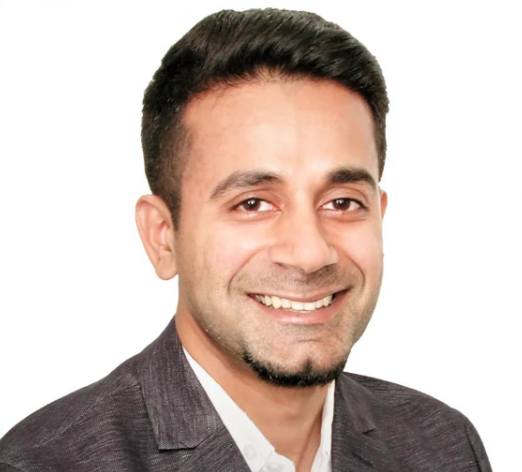
The Indian pathology market is valued at approximately $7.5 billion, as of FY23, with projections indicating growth to $14.4 billion by FY28 at a CAGR of around 14 per cent. This robust growth is fueled by several factors, including the rise in chronic diseases, an ageing population, and increased demand for preventive tests.
Pathology services encompass a wide range of disciplines such as clinical chemistry, haematology, immunology, molecular pathology, histopathology, and more.
The market is characterised by its fragmentation, with an estimated 132,000 labs spread across the country. Over 60 per cent of these are standalone labs, though they generate the lowest average revenue per lab per year at approximately $25,000. In contrast, labs within large private hospitals, which make up around 1 per cent of the total, exhibit the highest average revenue per lab per year at about $1,330,000.
Market Segmentation
Clinical chemistry, immunology, and haematology collectively dominate about 80 per cent of the pathology market. Clinical chemistry, holding the largest share at 35 per cent, involves the analysis of bodily fluids like blood and urine to assess health and diagnose diseases. Tests in this segment measure electrolytes, enzymes, lipids, proteins, and glucose levels, aiding in the evaluation of organ function and metabolic processes. These tests are crucial for detecting conditions such as diabetes, kidney disorders, liver diseases, and metabolic disorders.
Immunology, accounting for 23 per cent of the market, focuses on the study of the immune system. Immunology tests gauge the immune response to pathogens, allergens, and autoimmune disorders. Common tests include antibody tests, allergy tests, autoimmune tests, and infectious disease tests, which are essential for diagnosing conditions like HIV/AIDS, autoimmune diseases, allergies, and immunodeficiency disorders.
Haematology, making up 20 per cent of the market, assesses the cellular components of blood, including red blood cells, white blood cells, and platelets. Tests such as the complete blood count (CBC) measure red blood cell count, white blood cell count, haemoglobin level, platelet count, and hematocrit level, offering insights into various blood-related disorders.
Beyond the major segments, the pathology market includes molecular biology, histopathology, urinalysis, and surgical pathology.
Global and Indian Test Prices
India's diagnostic test prices are significantly lower compared to those in developed countries. For instance, common tests such as liver function, thyroid assessment (TSH), Vitamin D screening, CBC, and urinalysis are much more affordable in India than in countries like the United States and the United Kingdom. This affordability is crucial in a country with diverse economic strata, ensuring that diagnostic services remain accessible to a broader population.
However, there is potential for price realisation improvement as advancements in technology and healthcare infrastructure continue to progress. This evolution highlights the need for sustainable strategies to optimise healthcare delivery and outcomes while maintaining affordability.
Growth Drivers
Several factors are driving the growth of the Indian pathology market:
Pathology Lab Landscape
The pathology lab landscape in India is highly fragmented, with standalone labs forming the majority at 63 per cent. Small and medium private hospital labs constitute 19 per cent, while national chain labs and large private hospital labs hold the smallest shares at 1 per cent and 0.5 per cent, respectively.
Tier 1 and 2 cities encompass around 67 per cent of India's total pathology network, indicating a significant concentration of laboratory facilities in urban areas. This urban-centric distribution highlights the disparity in access to diagnostic services across regions. To address this imbalance, the government is striving to expand laboratory presence in tier 3+ and rural areas, aiming to improve healthcare accessibility and affordability nationwide.
Specialised Testing
Specialised testing is experiencing significant growth, driven by the ageing population, the integration of personalised medicine practices, and technological advancements in diagnostics. Specialised tests are targeted investigations used for specific diagnoses, monitoring particular conditions, and assessing specific markers or functions within patients.
This segment positions diagnostics providers for accelerated growth and innovation. Investing in these capabilities will enhance overall service offerings, leading to improved patient outcomes and greater market differentiation.
The Indian pathology market stands at the forefront of the healthcare sector's transformation, driven by the rising demand for accurate and prompt diagnostic services. As the market continues to grow and evolve, it is imperative for stakeholders to embrace technological advancements, invest in specialised testing capabilities, and expand accessibility to underserved regions.
By doing so, the pathology sector will not only enhance healthcare delivery but also contribute significantly to improving health outcomes and quality of life across India. The future of the Indian pathology market is promising, with immense potential for growth, innovation, and improved patient care.
Aryaman Tandon, Co-Founder and Managing Partner- Healthcare, Praxis Global Alliance